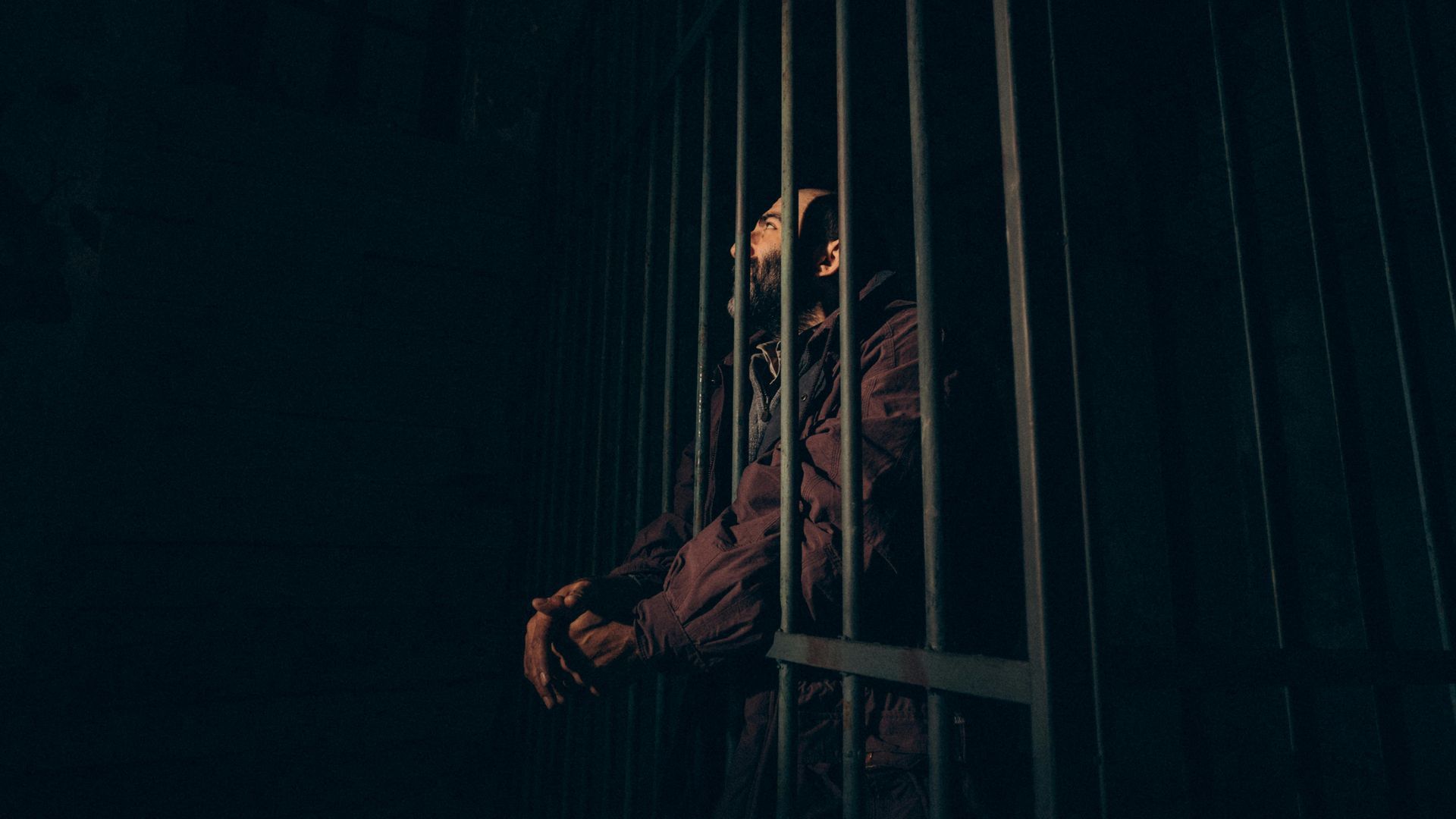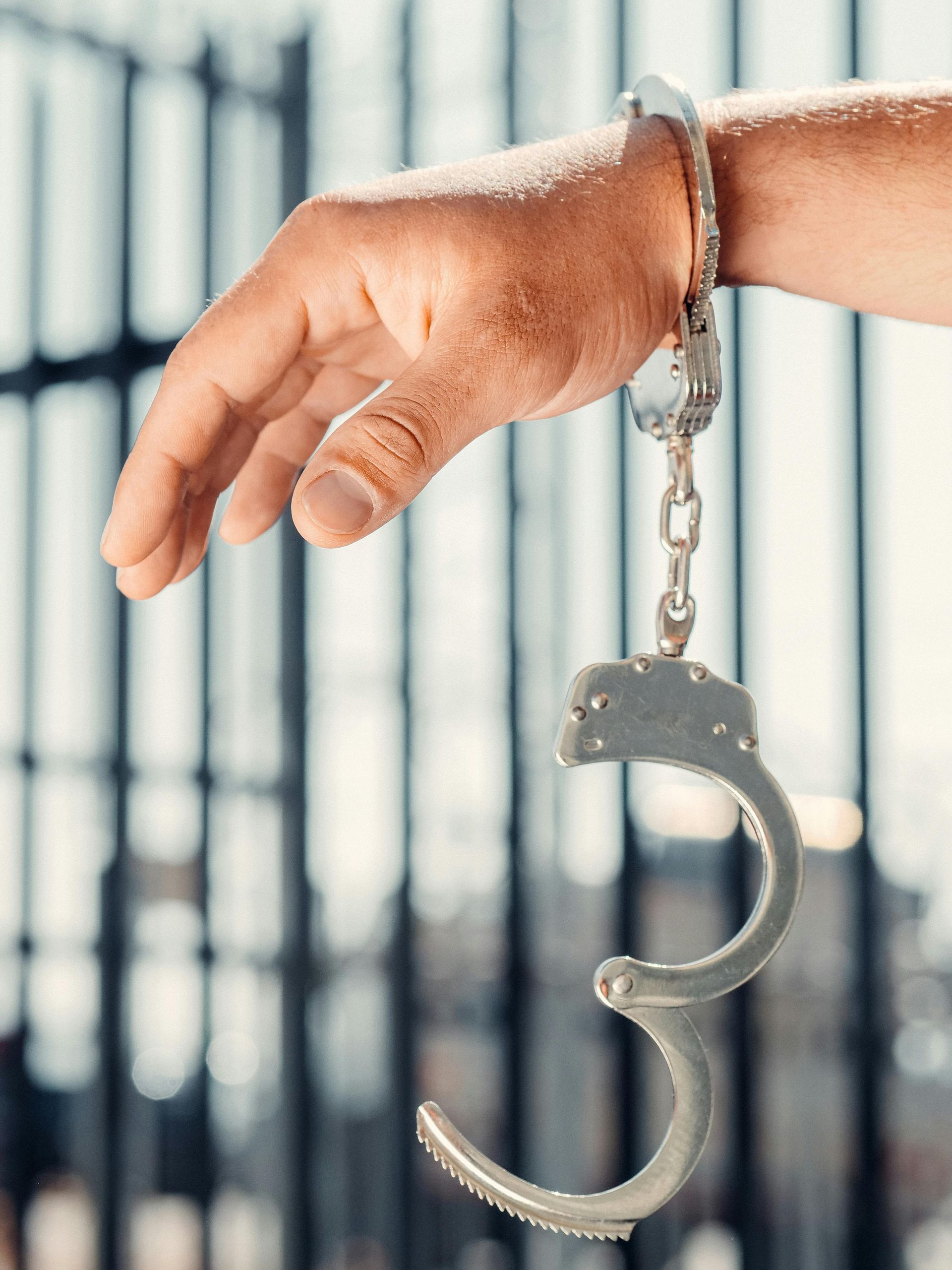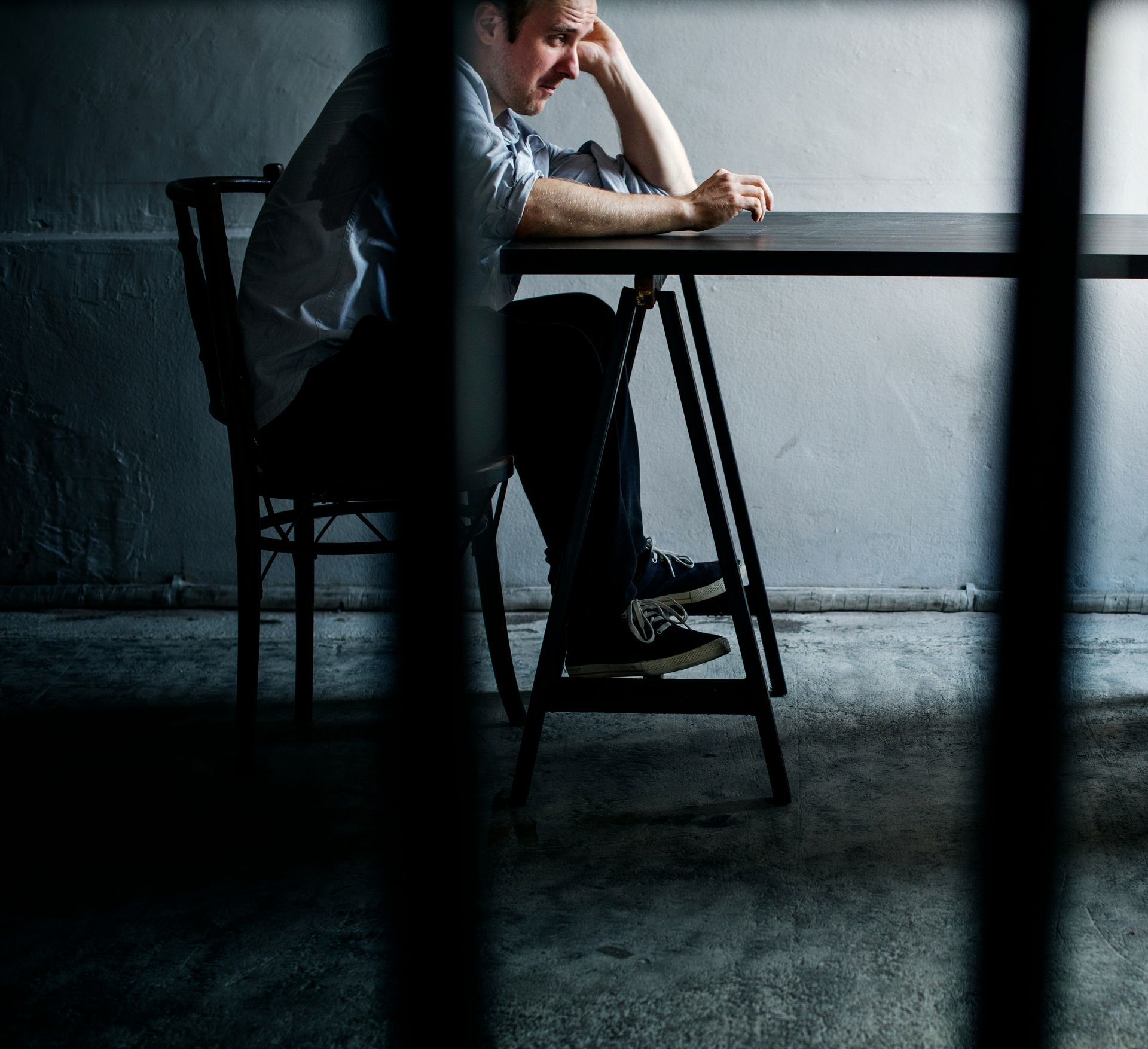Post-Conviction Relief Lawyer Serving PA & NJ
Your Conviction Isn’t the End — It Might Be the Beginning of a Second Chance
A criminal conviction can feel final — like the system has spoken and there’s nothing more you can do. But that isn’t always true. If you believe your trial was unfair, your rights were violated, your lawyer failed you, or new evidence has come to light, you may be able to challenge the outcome through post-conviction relief.
Post-conviction relief is a powerful legal tool that allows individuals who have been convicted of a crime to ask the court to reconsider what happened — whether by correcting errors, uncovering injustice, or reopening the case. It's not the same as a direct appeal. This process is about what happened behind the scenes: ineffective assistance of counsel, evidence that was never disclosed, false testimony, or sentencing that violated the law.
Our firm has helped clients across Pennsylvania and New Jersey take advantage of the legal options that remain after conviction. Whether you’re considering a PCRA petition, a PCR motion, or a federal habeas corpus filing, we’re here to provide honest answers, a strategy you can trust, and a real path forward.
Why You Shouldn’t Handle This Alone
Post-conviction relief is your last, best shot at undoing a wrongful conviction or unjust sentence — and the courts don’t make it easy. These cases are legally complex, procedurally strict, and emotionally exhausting. Trying to take it on by yourself or with an inexperienced lawyer can cost you everything.
Here's what you need to know:
Strict Deadlines That Don’t Budge
Each state has very specific time limits for filing post-conviction petitions. In Pennsylvania, you usually have just one year from when your conviction becomes final. In New Jersey, it’s typically five years — but even that can be shorter in some cases. Missing a deadline — even by a day — can permanently block your ability to seek relief, no matter how strong your case is. We help ensure everything is filed correctly and on time, with no room for error.
Highly Technical Legal Standards
Post-conviction relief isn’t about re-arguing your case or telling the court your side of the story. You have to prove that something went legally wrong — that your rights were violated, your lawyer was ineffective, or new facts would have changed the outcome. That means building a legally sound, well-documented case that meets the exact standards courts demand. We know what the law requires — and how to meet that standard.
No Second Chances if You Get It Wrong
Most people only get one opportunity to file for post-conviction relief. If you submit an incomplete or poorly supported petition, the court can dismiss it without a hearing. And once it’s denied, it becomes much harder — sometimes impossible — to file again. We don’t take shortcuts. We review every detail of your trial, sentencing, and appeal history to build the strongest case possible the first time.
You Need Someone Who Knows Where to Look
Post-conviction cases often succeed because an experienced attorney spots something others missed. That could be ineffective trial counsel, Brady violations (withheld evidence), unreliable forensic testimony, or improper sentencing. We’ve handled these cases before — and we know how to dig deep to find the legal issues that give you a real shot at justice.
Frequently Asked Questions About Post-Conviction Relief
What is post-conviction relief?
Post-convivtion relief is a legal process that allows someone who has already been convicted of a crime to challenge the outcome of their case. It can be used to raise issues like ineffective assistance of ocunsel, new evidence, prosecutorial misconduct, constitutional violations, and more. It's different from an appeal and is usually the final opportunity to seek justice in the trial court system.
How is post-conviction relief different from appeal?
An appeal is focused on errors that appeal in the trial record - things like incorrect rulings or improper jury instructions. Post-conviction relief, on the other hand, allows you to raise new issues that may have been clear during the trial, such as your lawyer's failuire to investigate, new witness, or suppressed evidence. In some cases, people pursue both an appeal and post-conviction trial.
What are some common grounds for post-conviction relief?
Common grounds include ineffective assistance for trial counsel, prosecutorial misconduct, newly discovered evidence, improper sentencing, constitutional violations, and situations where your guilty plea was not made knowingly or voluntary> Every case is different, and we can help you determine whether there's a strong basis to move forward.
Is there a deadline to file?
Yes. In Pennsylvania, PCRA petitions generally must be filed within one year of the date your conviction becomes final. In New Jersy, the typical time limit for a PCR motion is five years. However, there are exceptions in some cases - especially if new evidence becomes available or your lawyer didn't inform you of your rights. It's critical to speak with an attorney as soon as possible.
Can I file more than once?
It's possible, but more difficult. Courts are often reluctant to consider second or successive petitions unless there is new evidence or a compelling reason why the issue couldn't have been raised earlier. If your first petition was denied, we can review the record and advise you on your petitions.
What happens if I win?
If your petition is granted, several outcomes are possible. Your conviction could be vacated, your sentence reduced, or you could be granted a new trial. In some cases, charges may be dropped entirely if key evidence is excluded or credibility is lost. Every case is different, but success in post-conviction relief can mean a fresh start.
What if I already pled guilty?
You may still have options. If your plea was entered under pressure, without understanding your rights, or with bad legal advice, you could be eligible to withdraw it or file for relief. Courts look at whether your plea was truly knowing, intelligent, and voluntary.
Do I need a lawyer to file for post-conviction relief?
Technically, you can file on your own - but it's not recommended. These cases require precision, legal strategy, and an understanding of court procedures that most people don't have. A single mistake can cost you your chance at relief. We handle every step for you and make sure your voice is hard.








